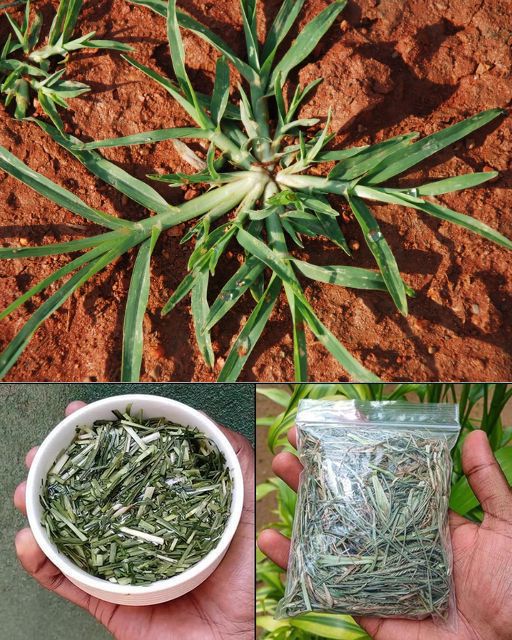
Goose grass, also known as cleavers or Galium aparine, is a common weed found in many parts of the world, but it’s also a powerful herbal remedy with a long history in traditional medicine. This plant is not only tenacious in the wild but also offers a variety of health benefits when used properly. Let’s explore the power of goose grass and how you can embrace its potential in your wellness routine.
Health Benefits of Goose Grass (Cleavers)
1. Lymphatic System Support:
- Goose grass is perhaps most famous for its ability to stimulate the lymphatic system, which helps in the detoxification and purification of the body. It’s often used in herbal medicine to reduce lymphatic swelling and improve lymph circulation.
2. Natural Diuretic:
- It acts as a natural diuretic, promoting urine production and excretion, which helps flush out toxins from the kidneys and bladder. This makes it useful in treating urinary tract infections and preventing kidney stones.
3. Skin Health:
- With anti-inflammatory properties, goose grass can be used topically to treat various skin ailments, including eczema, psoriasis, and acne. It’s also used to soothe burns and wounds.
4. Digestive Health:
- This herb is used to treat gastrointestinal issues such as ulcers, indigestion, and constipation due to its soothing properties.
How to Use Goose Grass
Making Tea:
- Ingredients: Fresh or dried goose grass.
- Instructions: To make goose grass tea, steep a handful of fresh or dried plant in boiling water for about 10 minutes. Strain and drink the tea once it has cooled. It can be consumed up to three times a day for health benefits like improved lymphatic function and urinary health.
Topical Application:
- For skin irritations or wounds, create a poultice by mashing the fresh leaves and applying them directly to the affected area. This can help reduce swelling, ease irritation, and speed up healing.
Incorporation in Meals:
- Young goose grass shoots are edible and can be a nutritious addition to salads or smoothies. They are high in vitamins C and A, as well as minerals.
Precautions
- Allergies and Sensitivity: Some people may be allergic to goose grass, especially those who are sensitive to plants in the Rubiaceae family. Always test on a small area of your skin if using topically.
- Pregnancy and Breastfeeding: Due to its diuretic properties, it’s advisable for pregnant or breastfeeding women to avoid using goose grass unless supervised by a healthcare provider.
- Medicinal Interactions: If you are taking medications, particularly diuretics or other medications affecting the kidneys, consult with a healthcare provider before using goose grass as a remedy.
Conclusion
While often overlooked as just another garden weed, goose grass holds remarkable medicinal properties that can be harnessed to boost health naturally. Whether you’re dealing with skin issues, need support for your lymphatic system, or are looking for natural ways to detoxify your body, goose grass might just be the herb you need. As with any herbal remedy, it’s important to use goose grass responsibly and with proper knowledge of its effects and potential interactions.

